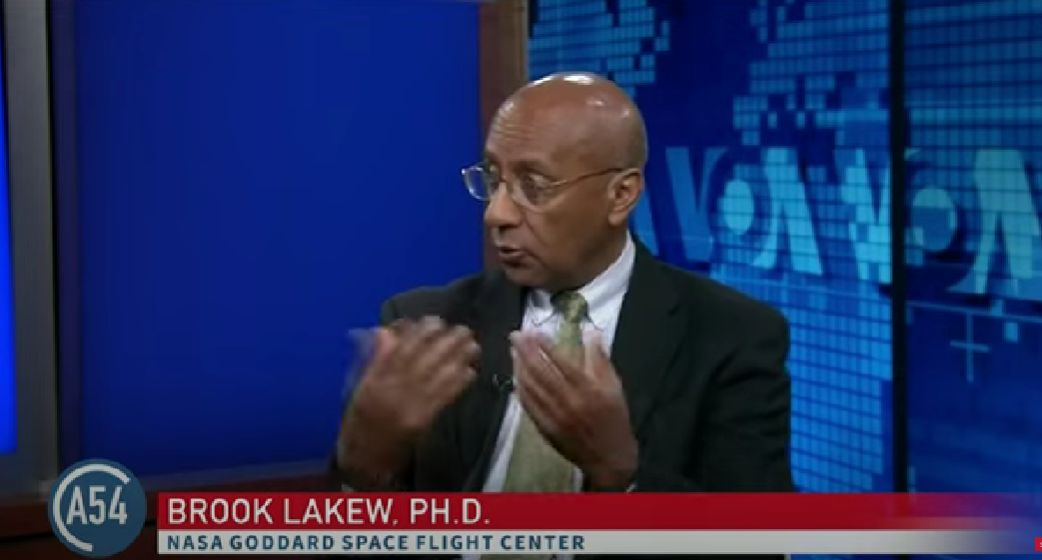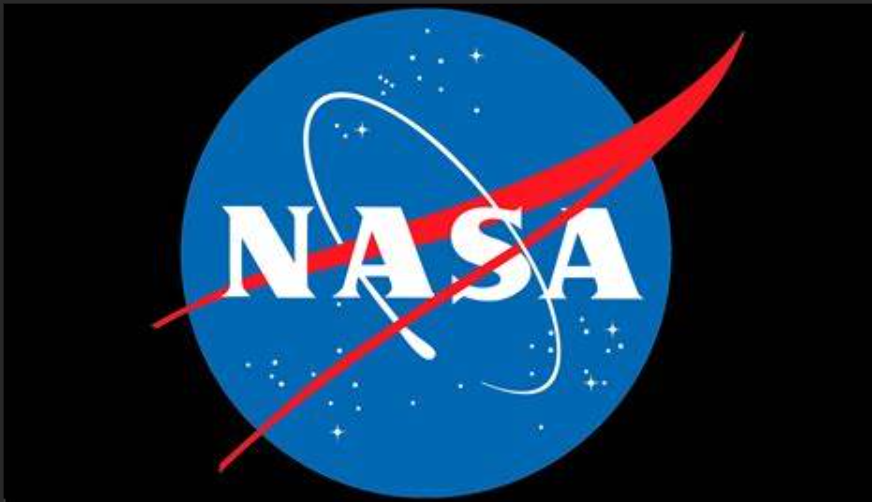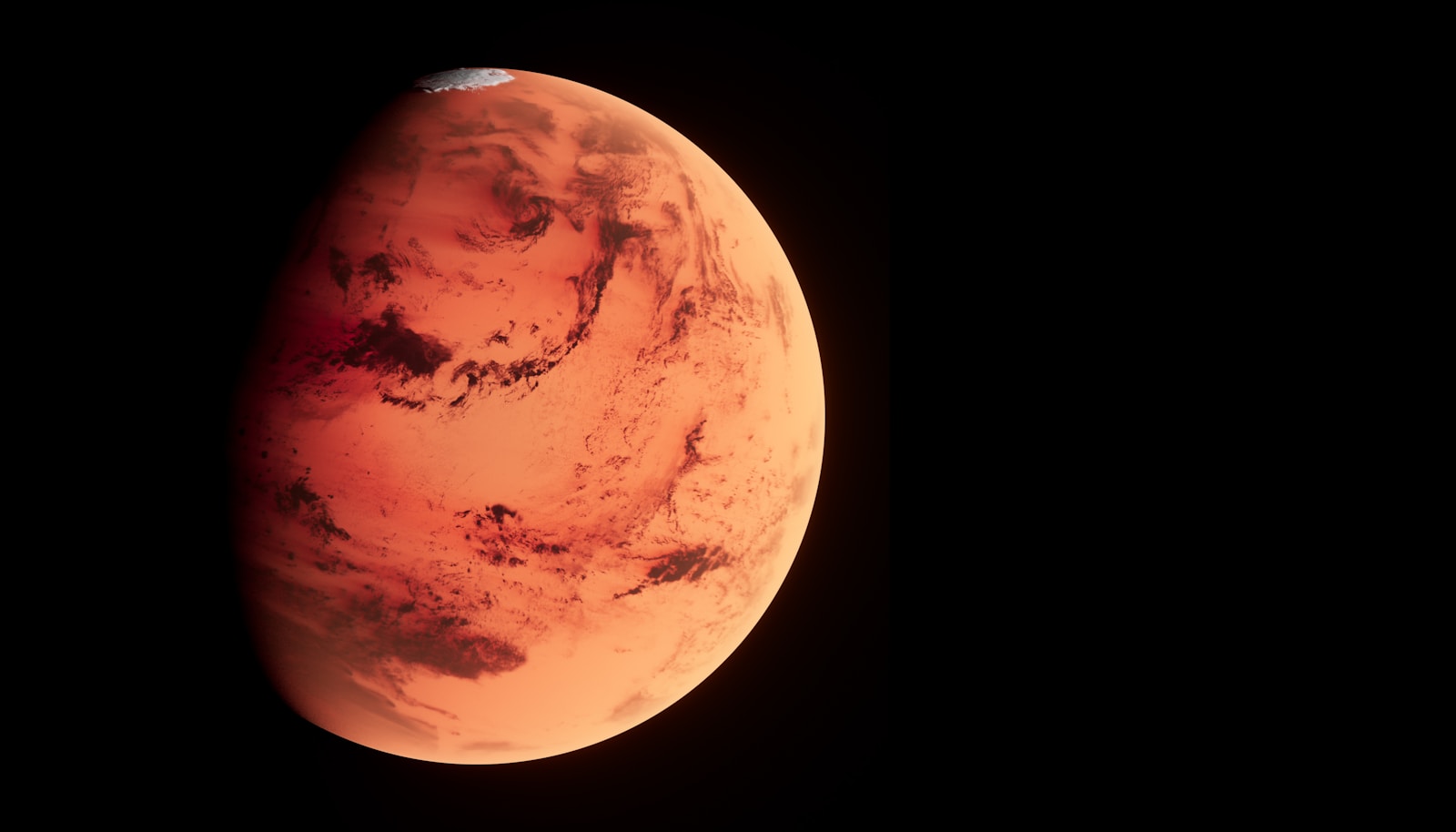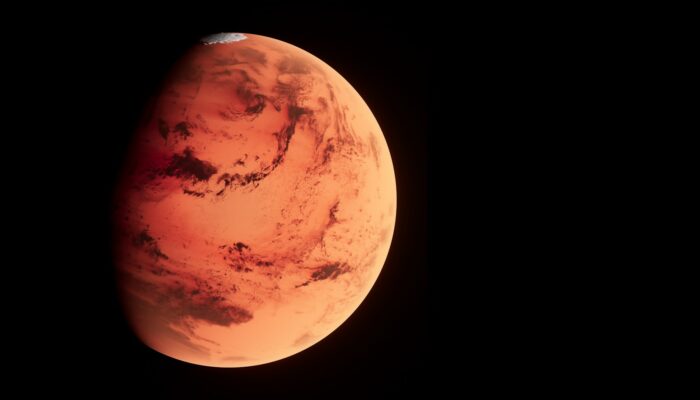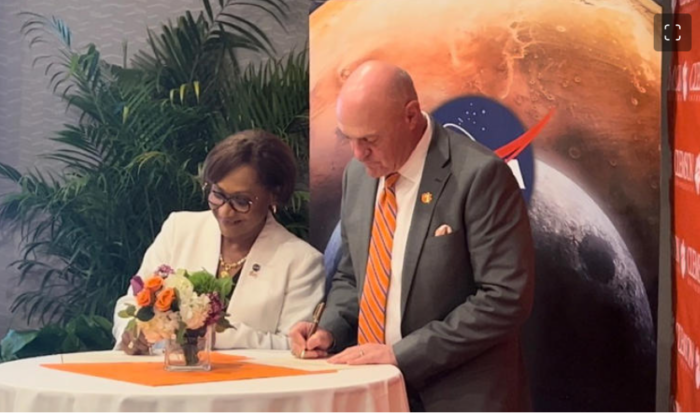In an exclusive interview with VOA Africa, Brook Lakew, an Ethiopian American Space Scientist and Associate Director within NASA’s Solar System Exploration Division, shared his views on the African space industry and expressed his concerns for the continent. As Africa inaugurated its own space agency in Cairo earlier this year, Lakew emphasized the importance of the continent’s participation in space exploration and highlighted the potential benefits it could bring.
Lakew believes that Africa’s lag in space-related activities has resulted in significant costs for the continent, particularly in communication, education and remote services.
Africa Needs to be in Space
“Africa needs to be in space, there is no choice, in my view,” said Lakew. “Being behind in that area costs African nations quite a lot, for instance, for communication, for telephone, for education, remote education to their provinces and stuff. They’ve paid hundreds of millions of dollars, rent to get the bandwidth from private satellites and so on and so forth. Even if you look at that, it’d be an enormous saving if they had their own communication satellite.”
Moreover, Lakew stressed the importance of space technology for various sectors, including agriculture and national security. He explained that being present in space would allow African countries to monitor and manage crops, analyze moisture levels, and gain critical insights for better agricultural practices. Additionally, having a space presence would enhance national security and give nations control over their financial transactions. Lakew firmly believes that being in space is not a choice for Africa but imperative for its future development.
Regional Partnerships
To overcome the challenges and develop the African space industry, Lakew advocates for regional collaborations. He mentioned Kenya’s San Marco Island, a launch pad utilized by Italy, which benefits from its proximity to the equator. Launching satellites from the equator takes advantage of the Earth’s faster rotation, providing additional velocity. Lakew proposes a distributed approach, where different African nations could contribute their expertise to different stages of satellite development, assembly, and electronics manufacturing.
When asked about his worries regarding Africa falling behind in the space race, Lakew expressed his concerns. He acknowledged Nigeria’s efforts in space launches and the gradual transition of control centers and operations to the country itself. Lakew recognizes that while the progress might not be highly organized at the continental level, individual African countries are making endeavours to advance their space capabilities.
Lakew’s insights shed light on the urgent need for Africa to actively participate in the space industry. Africa’s nascent space agency, along with collaborations and partnerships, presents an opportunity for the continent to harness the potential of space technology and drive its own development. The benefits range from economic savings and improved communication to enhanced agricultural practices and bolstered national security. With passionate individuals like Brook Lakew advocating for Africa’s space industry, the future looks promising for the continent’s journey to the stars.
If you found this article to be informative, you can explore more current space news, exclusives, interviews and podcasts here.
SOURCE: VOA Africa
Featured image: ‘Space Scientist: Africa’s Space Sector is Growing.’ Credit: VOA Africa
Share this article:
